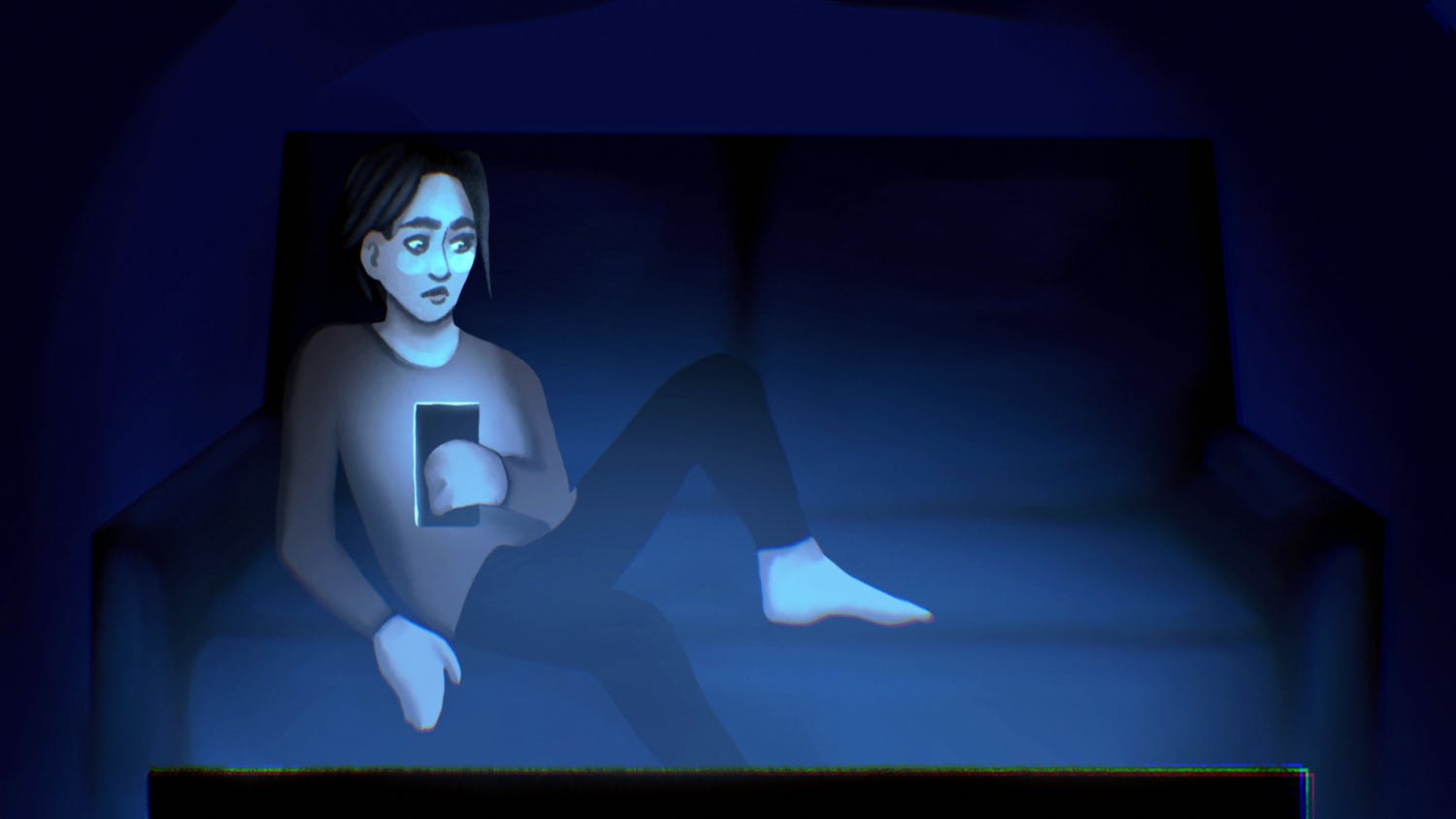In the loaded pantheon of drug cinema, Richard Linklater's "A Scanner Darkly" falls somewhere in the purgatory between "Fear and Loathing in Las Vegas" and "Harold and Kumar Go to White Castle." Based on a Philip K. Dick novel, "Scanner" is the story of Substance D, a sort of crack-on-crack hallucinogen with as many slaves as pushers and quite a reputation in government and law enforcement circles.\nKeanu Reeves is Bob Arctor, a D-addicted divorcee hired by the local police force to rat out his D-addicted buddies, Woody Harrelson, Rory Cochrane, Winona Ryder and a never-punchier Robery Downey Jr. As the film progresses, the opening scene's sense of humor gives way to a melange of paranoia, espionage and the maze of withdrawal. As with many drug films, "Scanner" occasionally takes bigger bites into the drug culture than it can handle, but Linklater does his best to keep everything relatively grounded.\nDespite the quirky performances (especially Downey's hyperactive turn) and Linklater's literate screenplay, "Scanner's" real star is the rotoscoping process. The sole reason we can't take our eyes off the screen as the characters delve ever deeper into their own humorously twisted minds is the graphic novel-esque animation (if you're unfamiliar, think of those unsettling Charles Schwab investment firm commercials) which covers every frame. The effect of this process, which took nearly 500 hours per minute of film to complete, has a trippy quality all its own.\nThe DVD boasts a mostly valuable commentary track with Reeves, Linklater and Dick's daughter Isa, as well as a curious look into the principal live photography of the film. A feature that could've benefitted from further fleshing out is the mini-doc, "The Weight of the Line: Animation Tales," where the painstaking rotoscoping process is briefly detailed, but not afforded an in-depth treatment.\nWhen the credits roll, we're not filled with the sense of redemption and grace of "Trainspotting" or the cathartic jolt of "Fear and Loathing," but more of the lingering malaise that plagues Pink Floyd over Disc 2 of The Wall. For Arctor and the addicted friends upon which he spies, there's no comfort in numbness.
A tenuous study in paranoia
Get stories like this in your inbox
Subscribe





